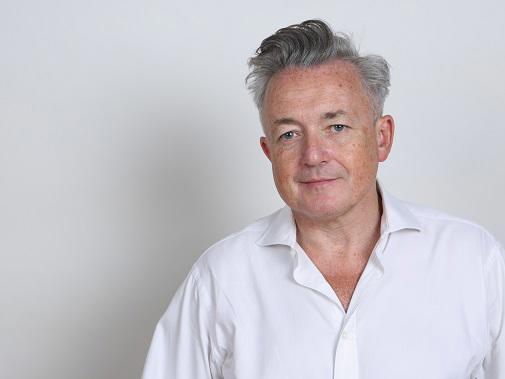The online meeting, which took place on 23 November, brought together more than two dozen doctors from hospitals and general practice to discuss the challenges faced by the care sectors, and possible solutions to these.
Chaired by LRC chair and acute care consultant Kevin O’Kane (pictured above) and BMA council member and GP Jackie Applebee, participants cited issues such as bureaucracy, poor IT and under-staffing as significant barriers to more integrated working between primary and secondary care.
By coming together to share their personal experiences of these challenges in the workplace, simple measures such as ensuring correspondence between general practice and hospitals included departmental emails and ‘direct line’ telephone numbers so consultants and GPs could speak directly about patients in their care.
Joined-up approach
Other proposals included ensuring every NHS trust had an LMC-appointed liaison officer and liaison committee, which would serve as a bridge between hospitals and local GP surgeries and trusts in the area.
There was also agreement that doctors in secondary care should, wherever possible, seek to undertake testing and referrals themselves rather than pass these requests back to general practice, while GPs should seek to ensure patient expectation was better managed at a primary care level.
Increased sharing of patient records, exploring opportunities for joint education and working together to identify and fill gaps in services, were also highlighted at the event.
Stop sniping
Dr O’Kane, who has already written to the chief executives of London’s five integrated care systems about how interworking between primary and secondary care sectors can be improved, told the meeting the pandemic had in many cases exacerbated the existing deficiencies in integrated working.
He further warned sniping and pointing fingers between doctors in different care sectors would only divide the profession and make it easier for the Government to shirk its responsibilities to the NHS.
He said: ‘When we [doctors] fight we’re doing the Government’s job for them.
‘I’m struck by a slogan from the BMA and from a few years ago, and it’s come across very strongly today; that is we are one profession [and] when we speak like this, we actually find so many points where we sing with the same voice.’

